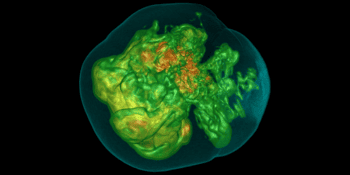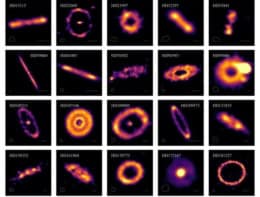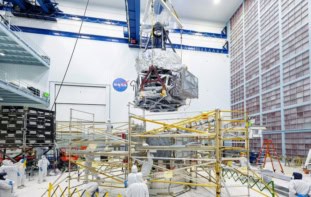We are entering a second golden age of space travel – with human missions to the Moon and Mars planned for the near future. In this episode of the Physics World Weekly podcast we explore two very different challenges facing the next generation of cosmic explorers.
First up, the radiation oncologist James Welsh chats with Physics World’s Tami Freeman about his new ebook about the biological effects of space radiation on astronauts. They talk about the types and origins of space radiation and how they impact human health. Despite the real dangers, Welsh explains that the human body appears to be more resilient to radiation than are the microelectronics used on spacecraft. Based at Loyola Medicine in the US, Welsh explains why damage to computers, rather than the health of astronauts, could be the limiting factor for space exploration.
Later in the episode I am in conversation with two physicists who have written a paper about how we could implement a universal time standard for the Moon. Based at the US’s National Institute of Standards and Technology (NIST), Biju Patla and Neil Ashby, explain how atomic clocks could be used to create a time system that would making coordinating lunar activities easier – and could operate as a GPS-like system to facilitate navigation. They also say that such a lunar system could be a prototype for a more ambitious system on Mars.
Further reading
Welsh’s ebook is called “Space Radiation: Astrophysical origins, radiobiological effects and implications for space travellers”. It is part of the IPEM–IOP Series in Physics and Engineering in Medicine and Biology.
Ashby and Patla’s paper is called “A Relativistic Framework to Estimate Clock Rates on the Moon” and it appears in The Astronomical Journal.



